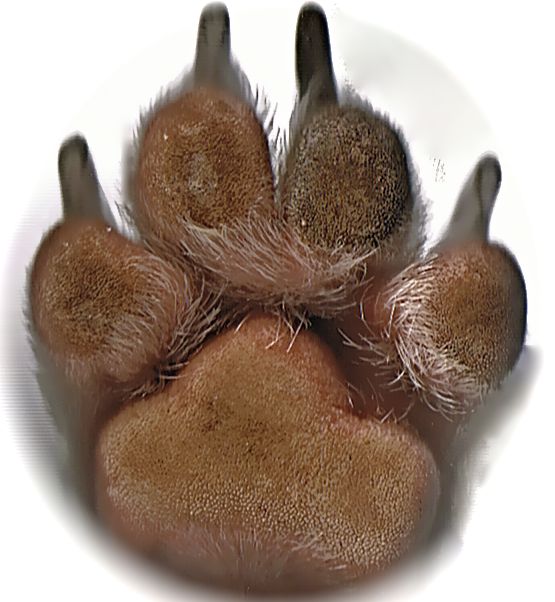Next we must explore social interaction. This can be difficult because of the fear if socializing your puppy before the complete set of vaccinations have been delivered. Depending on your Vet, you can begin to socialize your puppy as early as 9-11 weeks of age. As far as emotional and mental development is concerned, earlier is better. Your puppy should meet hundreds of people and dozens of other dogs within the first 17 weeks of life. It is your responsibility to make sure that these experience have excellent outcomes. If you encounter a difficult situation, you must reward your puppy's recovery. Don't get stuck in an unpleasant state of mind.
Remember that the biggest challenge of puppyhood is effective communication. You must be very clear and decisive about what you want to teach your puppy and then make sure you give your puppy immediate feedback. You only have 1-2 seconds to communicate that what they have done is "good or bad". Potty training can be a frustrating process not matter if you are teaching a puppy or a child. The process is all about timing. Again you must set your puppy up for success. Here is the golden potty training secret.......drum roll........eat, potty, play, potty, sleep, potty. Then do it all again. It's really that easy. Make sure you reward what you like and if you catch your puppy doing his/her business outside of the potty zone... interrupt, redirect to the correct area and then reward.
So, you've made it to 17 weeks. Welcome to the teens. This is the most trying time you will ever experience in your dog's life. Now is not the time to relax on structure, loosen rules and make special exceptions. This is a common mistake. Depending on breed and individuality, you are now looking at 12-16 months of parenting like never before. Hold on tight, stick to your guns, have patience, and be consistent. It will all pay off in the end. This is when the foundation work really shines. You dog is about to embark on two fear periods, teething, social snobbery, clumsiness, impulsivity and selective hearing. Sounds terrible, but it will have its funny moments. Just as our parents wondered what they did to deserve such monstrous teenagers when we were going through that stage, so will you. And, just as they survived us, so will you. I tell you this with a smile and a complete ability to relate. There's really no point in sugar coating it. You should be prepared and I can help! You now need to become an expert on your own dog. Engage in as much appropriate social interaction with your dog as possible. Playgroups, daycare and training classes will be essential support systems throughout this developmental stage. Make a list of household rules for your teenager and put them on your fridge to remind you everyday. Continue to set your dog up for success. Do not give your dog responsibility that he/she can't handle. Create your personal support group of friends, family and professionals who will listen to your frustrations, celebrate your triumphs and help you stay on track. Take each hurdle as it comes and continue to outline small incremental goals. As goals are achieved and your dog matures you will be able to relax on some of the rules and give your dog more freedom to make good choices. Soon you will find that you have effectively raised a happy, well-adjusted and socially appropriate dog. Congrats! Now keep up the good work. Create a new list of age and ability appropriate expectations and don't waiver. Continue to challenge your dogs mind and attend to his/her emotional needs. You can now be your dog's friend and mentor. Enjoy a fulfilling life together. When in doubt, consult your Behaviour Consultant for advice.
Jessica O'Neill,
Diploma of Canine Behaviour Science & Technology
Owner/Director
Pet Intel. Behaviour Centre
www.petintel.ca







